Sustainable & Eco-Friendly Gardening: A Complete Guide 🌱
Discover sustainable gardening tips! Learn about organic pest control, water conservation, composting, and pollinator-friendly plants to create an eco-friendly garden.
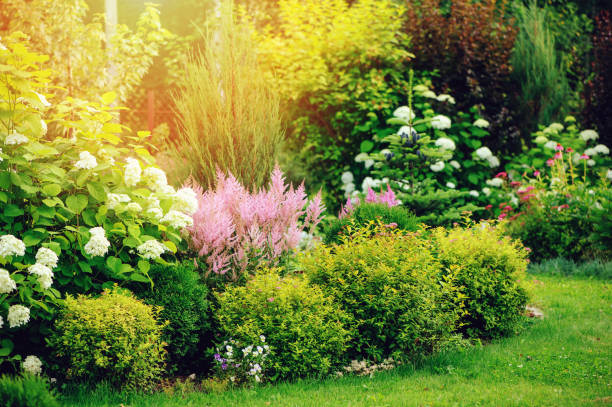
Introduction
With the increasing awareness of climate change and environmental sustainability, eco-friendly gardening has become more than just a trend—it's a necessity. Sustainable gardening focuses on reducing waste, conserving water, using organic methods, and working in harmony with nature. In this guide, we'll explore various techniques and tips to help you create an environmentally responsible garden.
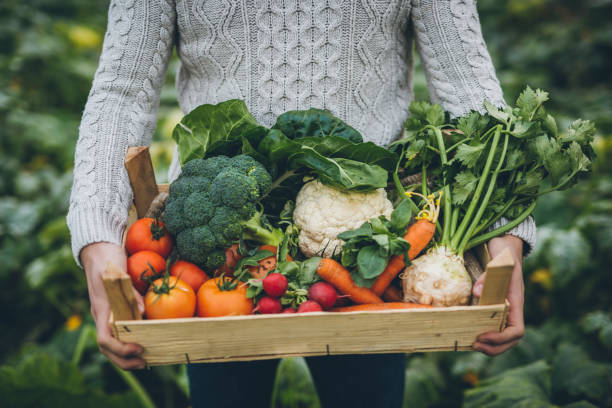
1. Understanding Sustainable Gardening 🌍
Sustainable gardening is an approach that minimizes negative environmental impact while promoting biodiversity and soil health. The key principles include:
- Reducing Chemical Use: Avoiding synthetic pesticides and fertilizers.
- Water Conservation: Using efficient irrigation systems and drought-tolerant plants.
- Building Healthy Soil: Composting and using organic mulch.
- Supporting Wildlife: Creating habitats for pollinators and beneficial insects.
2. Organic Pest Control 🐞
Chemical pesticides harm not only pests but also beneficial insects, birds, and soil health. Consider these eco-friendly pest control methods:
- Companion Planting: Certain plants deter pests naturally. For example, marigolds repel nematodes and aphids.
- Natural Predators: Encourage ladybugs, praying mantises, and birds to control pests.
- Homemade Sprays: Use neem oil, garlic spray, or soap water to manage insects.
- Crop Rotation: Prevent soil-borne diseases by rotating crops each season.
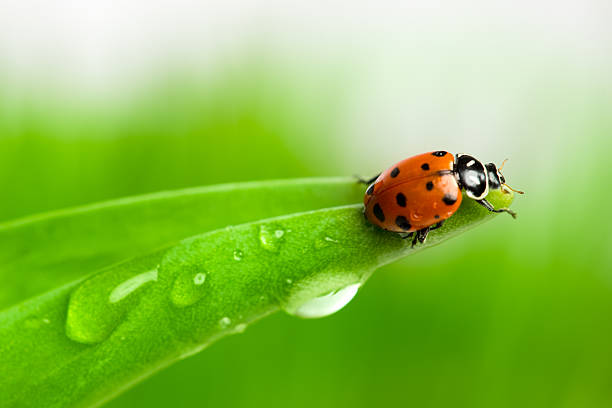
3. Water Conservation Techniques 💧
Water scarcity is a global concern, making water-efficient gardening essential. Try these techniques:
- Rainwater Harvesting: Install rain barrels to collect and reuse rainwater.
- Drip Irrigation: Provides water directly to plant roots, reducing evaporation.
- Mulching: Retains soil moisture and suppresses weeds.
Choosing Drought-Resistant Plants: Opt for native plants that require less watering.
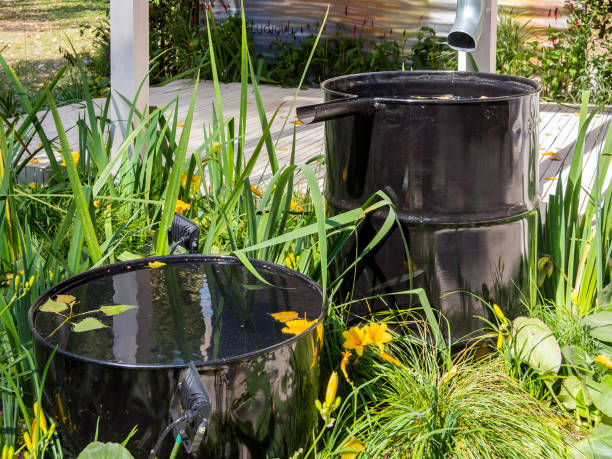
4. Composting: The Key to Healthy Soil 🍂
Composting transforms kitchen scraps and yard waste into nutrient-rich soil amendments. Benefits include:
- Reduces Landfill Waste: Cuts down on organic waste disposal.
- Improves Soil Health: Enhances soil fertility and structure.
- Encourages Beneficial Microbes: Supports plant growth naturally.
How to Start Composting:
- Choose a compost bin or pile location.
- Add green (nitrogen-rich) materials like vegetable scraps and coffee grounds.
- Mix with brown (carbon-rich) materials like dry leaves and cardboard.
- Turn the pile regularly to speed up decomposition.
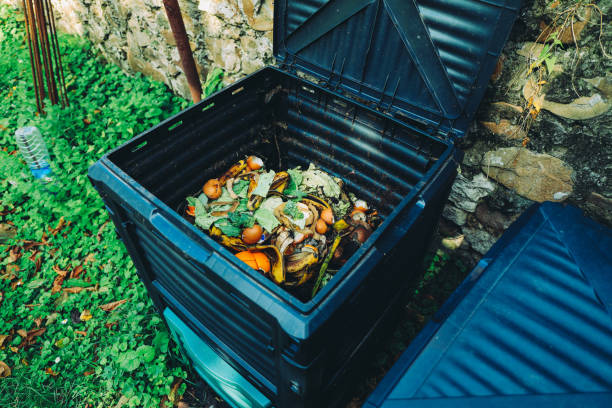
5. Encouraging Pollinators & Wildlife 🦋🐝
Pollinators like bees, butterflies, and hummingbirds are essential for plant reproduction. Create a wildlife-friendly garden by:
- Planting Native Flowers: Wildflowers, lavender, and sunflowers attract pollinators.
- Providing Water Sources: A small birdbath or shallow dish helps bees and birds stay hydrated.
- Avoiding Pesticides: Harmful chemicals can kill beneficial insects.
- Building Bee Hotels: Create small wooden structures to shelter bees.
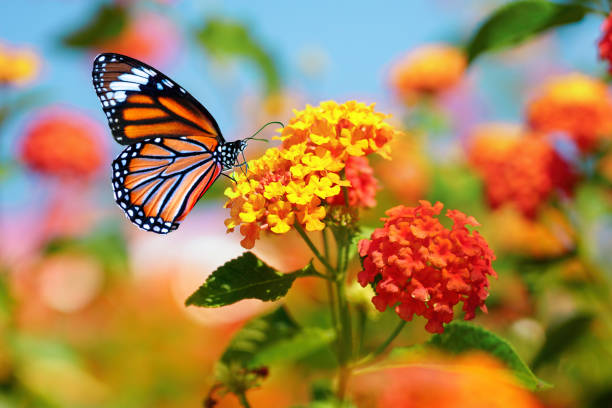
6. Choosing Sustainable Garden Materials 🌿
To make your garden truly eco-friendly, consider:
- Recycled Planters: Upcycle old containers, tires, or wooden pallets.
- Natural Mulches: Use wood chips, straw, or grass clippings.
- Eco-Friendly Fertilizers: Compost tea, fish emulsion, or worm castings.
- Solar-Powered Lights: Reduce energy consumption with solar garden lights.
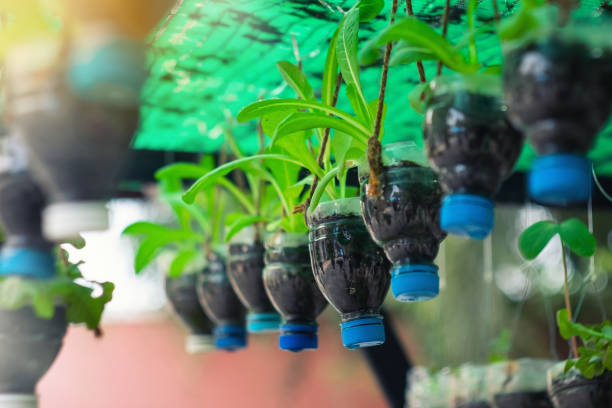
Conclusion 🌏
Sustainable gardening not only benefits the environment but also enhances the health of your plants, soil, and local wildlife. By adopting these eco-friendly practices, you can enjoy a beautiful and productive garden while contributing to a greener planet. Start small, experiment, and watch your garden thrive naturally!
Have you tried any of these techniques? Share your eco-friendly gardening tips in the comments below! 🌱💚
category: -outdoor-gardening
Release Date: 08/03/2025, 16:27:30
